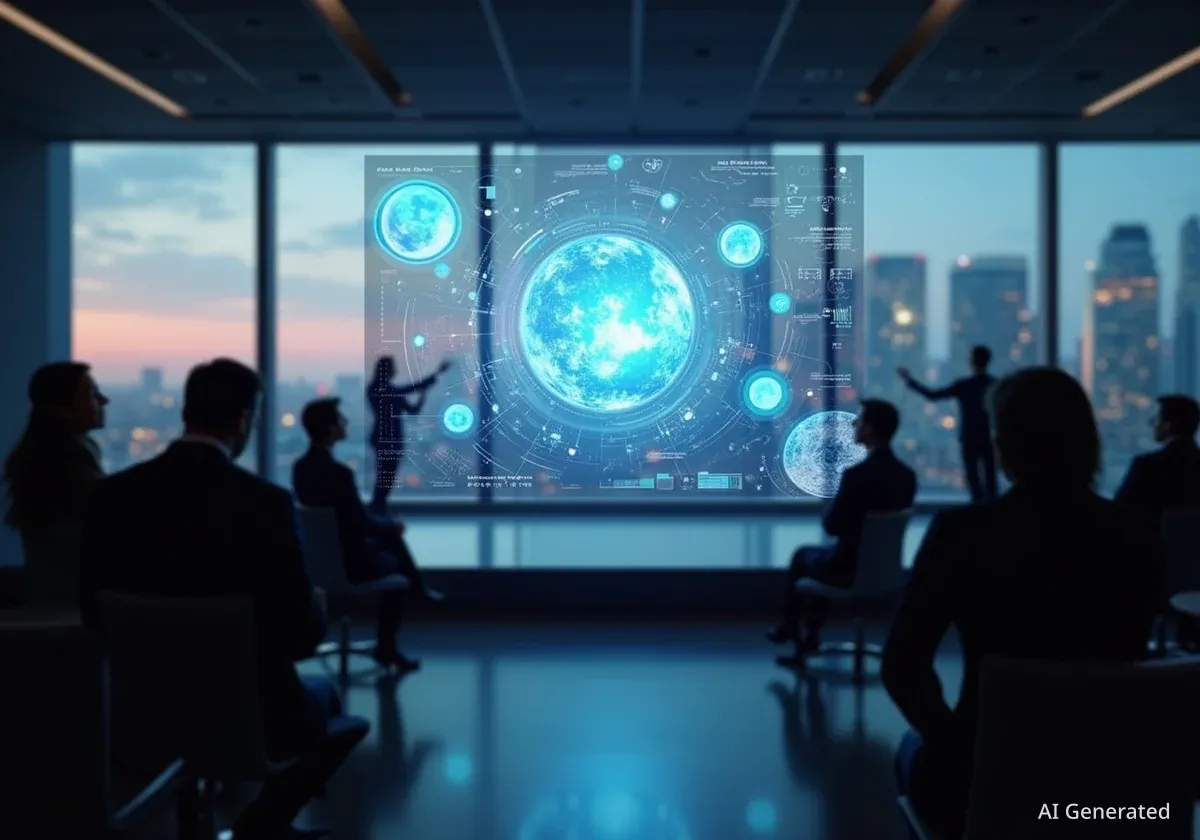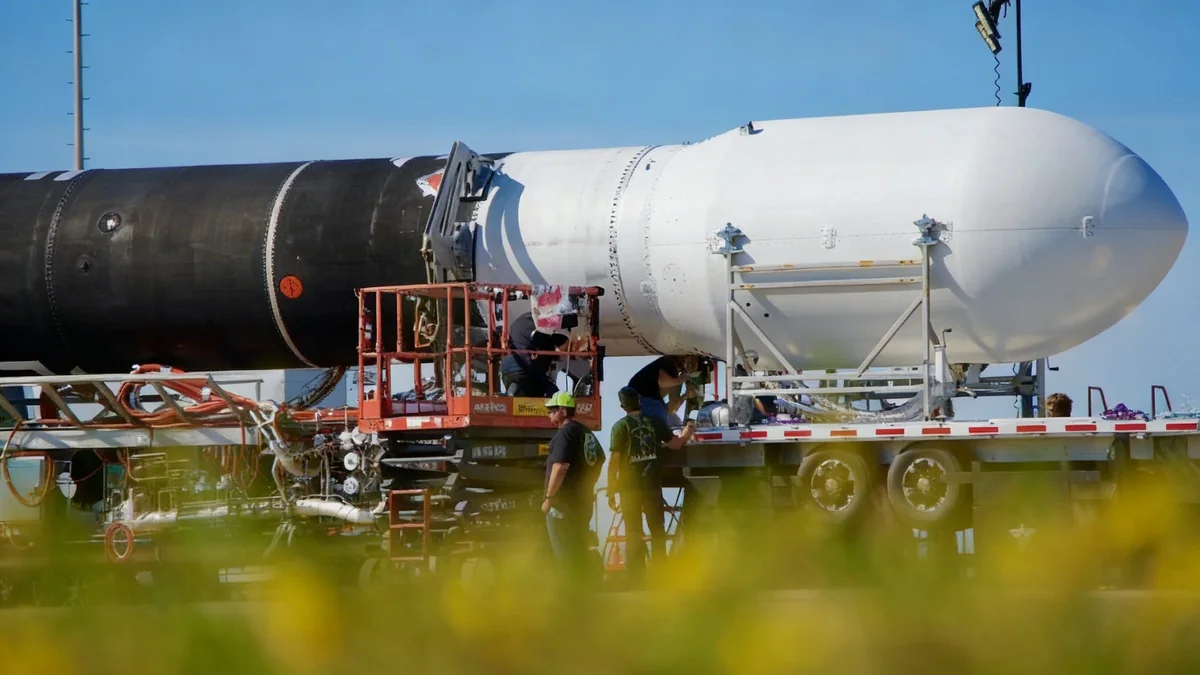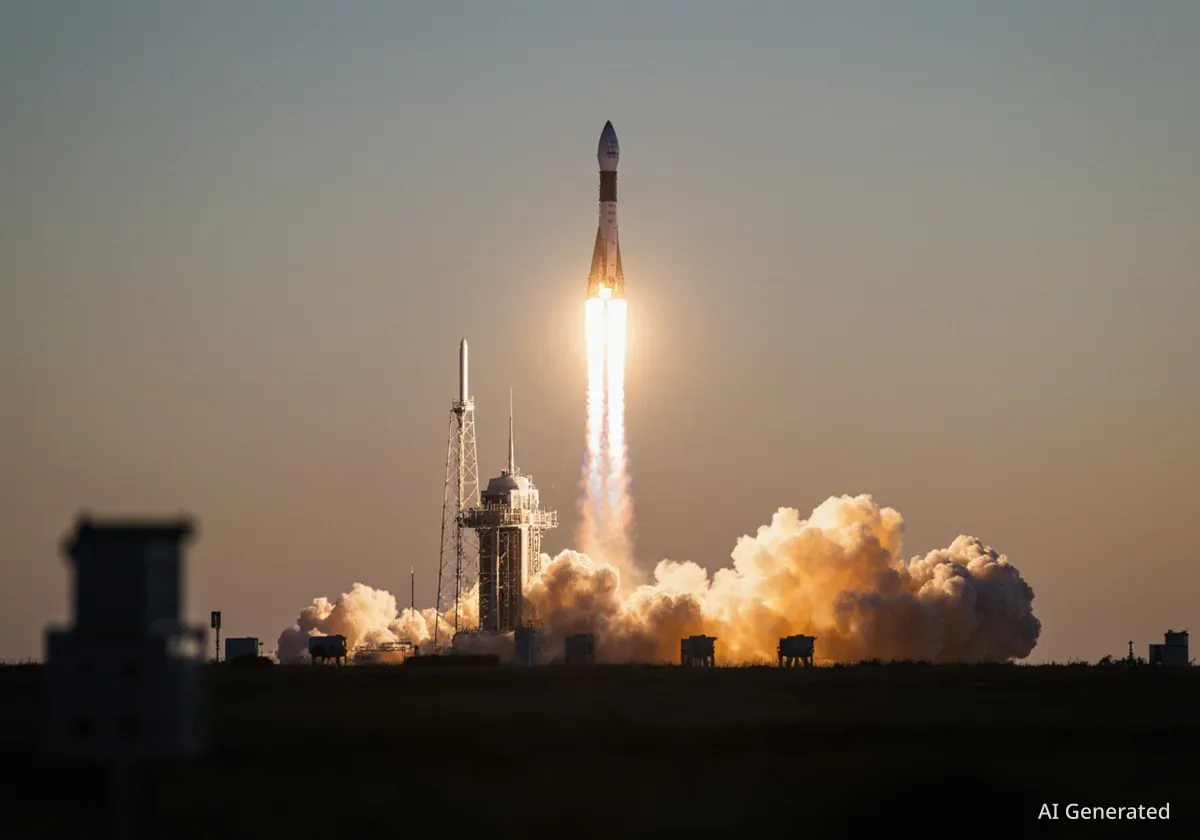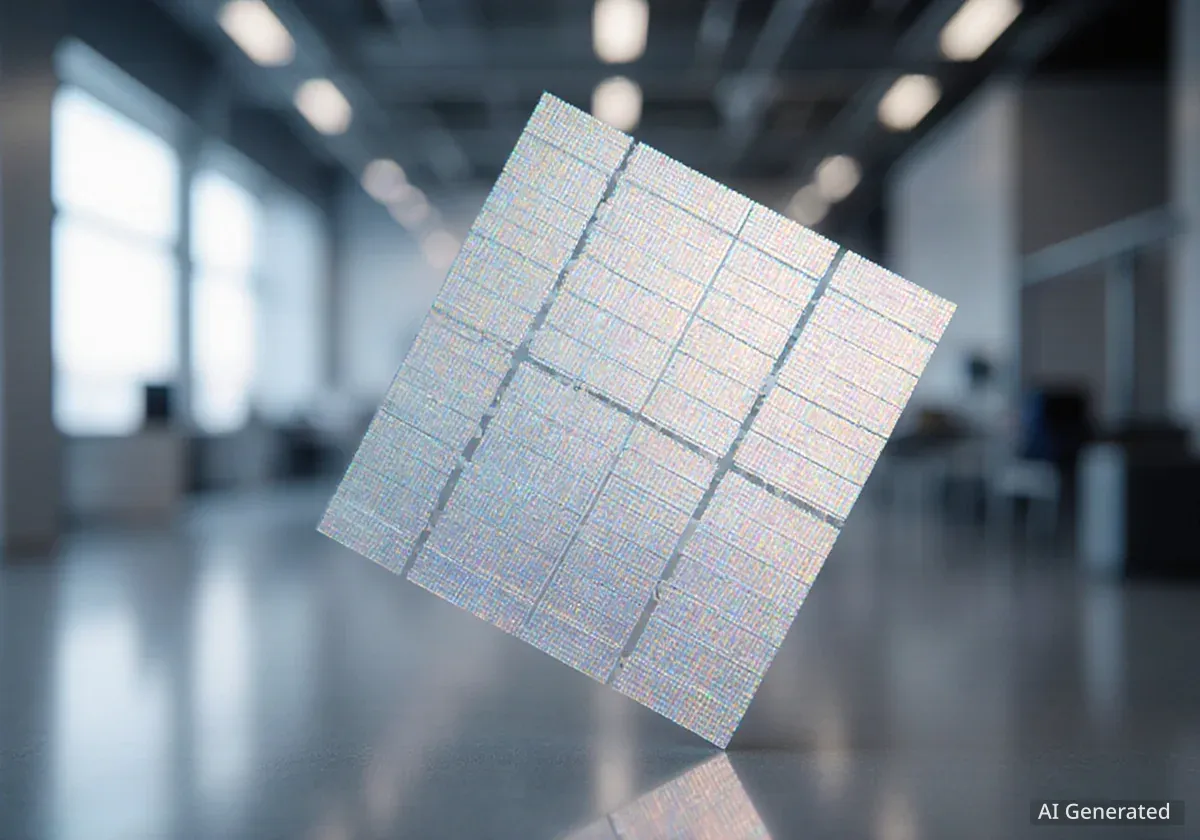Experts from government, academia, and the private sector will gather in Houston on November 6-7 for the In-Space Physical AI Workshop. The event, held at The Ion, will explore how autonomous technologies are set to redefine the future of space exploration, national security, and economic activity beyond Earth.
Organized by Rice University's Rice Nexus in partnership with NASA, Purdue University, and Vanderbilt University, the workshop aims to address key challenges and opportunities in deploying intelligent systems for complex space missions. This year marks the third iteration of the event, which has grown to include participation from the U.S. Space Force.
Key Takeaways
- A two-day workshop on Physical AI for space applications will take place in Houston on November 6-7.
- The event is a collaboration between Rice University, NASA, Purdue University, and Vanderbilt University.
- Key discussion themes include deep-space autonomy, economic activity in orbit, national defense, and international cooperation.
- The workshop will feature technology demonstrations from startups and major aerospace companies.
A Convergence of Key Institutions
The In-Space Physical AI Workshop has established itself as a critical forum for shaping the future of autonomous systems in space. The event brings together a diverse group of stakeholders, reflecting a unified effort to advance this cutting-edge field. The collaboration is led by Rice Nexus, an initiative of Rice University focused on commercializing new technologies.
Key partners include NASA, whose Johnson Space Center is central to human spaceflight operations, and two leading academic institutions, Purdue University and Vanderbilt University. The inclusion of the U.S. Space Force for the first time this year underscores the growing importance of AI in national security and defense applications in the space domain.
This gathering is designed to foster dialogue and create pathways for collaboration. By uniting researchers, government officials, and industry leaders, the workshop aims to accelerate the development and deployment of AI technologies that can operate in the challenging environment of space.
Core Themes Shaping the Discussion
The workshop's agenda is structured around four strategic themes that represent the most pressing areas for development in space-based AI. These pillars will guide the discussions, presentations, and collaborative sessions throughout the two-day event.
What is Physical AI?
Physical AI refers to intelligent machines that can perceive their environment, reason about it, and take physical actions to achieve goals. Unlike software-based AI, these systems interact directly with the physical world, making them essential for tasks like robotic repairs, resource extraction, and autonomous navigation in space.
The four primary focus areas are:
- Deep-Space Autonomy: This theme addresses the need for spacecraft and robotic systems to operate independently on long-duration missions, such as voyages to Mars and beyond, where real-time communication with Earth is impossible.
- Economic Presence in Orbit: Participants will explore how AI can enable a sustainable economic ecosystem in low-Earth orbit and cislunar space (the area between Earth and the Moon), including in-space manufacturing, satellite servicing, and resource management.
- National Defense and Planetary Protection: This area focuses on the role of physical AI in safeguarding national assets in space and developing systems to protect Earth from potential threats, such as asteroids.
- International Collaboration: The final theme emphasizes the importance of global partnerships in developing and governing the use of AI for peaceful and scientific exploration, ensuring that these powerful technologies benefit all of humanity.
Driving Innovation and Commercialization
Beyond theoretical discussions, the workshop will provide a platform for tangible innovation. The event is set to feature technology showcases and demonstrations from both emerging startups and established aerospace corporations. This allows participants to see the latest advancements in AI tools designed for both space missions and applications here on Earth.
Sanjoy Paul, the general chair of the workshop's organizing committee and executive director of Rice Nexus, highlighted the event's collaborative success.
"From establishing a partnership with Purdue University last year to welcoming Vanderbilt University and, for the first time, active participation from the U.S. Space Force this year, this workshop’s growing success is a testament to the power of collaboration across major institutions," Paul stated.
He further emphasized the collective effort behind the event's planning. "We are sincerely grateful to our partners at Purdue, Vanderbilt and NASA/Johnson Space Center for their active participation and commitment. Together, we have put together an incredibly impactful program that will serve industry, academia and government at large by driving essential discourse around the future of AI in space.”
Event Details
What: In-Space Physical AI Workshop
When: November 6-7
Where: The Ion, 4201 Main St., Houston, TX 77002
Cost: Free to attend, but registration is required.
Houston as a Hub for Space Technology
Now in its third year, the In-Space Physical AI Workshop is cementing Houston's reputation as a national center for innovation in the aerospace and artificial intelligence sectors. The choice of The Ion, a cornerstone of Rice University's Ion District, as the venue further reinforces this status. The Ion District is a 16-acre innovation hub designed to bring together entrepreneurs, corporations, and academic institutions.
The workshop not only facilitates important conversations but also strengthens the local ecosystem by attracting talent, investment, and attention to the Houston area. By hosting this event, the city continues its legacy as a leader in space exploration, adapting to a new era defined by artificial intelligence and commercial enterprise.
The outcomes of the discussions and collaborations initiated at this workshop are expected to have a lasting impact on future space missions, influencing everything from the design of next-generation rovers to the logistics of building a permanent human presence on the Moon and Mars.





